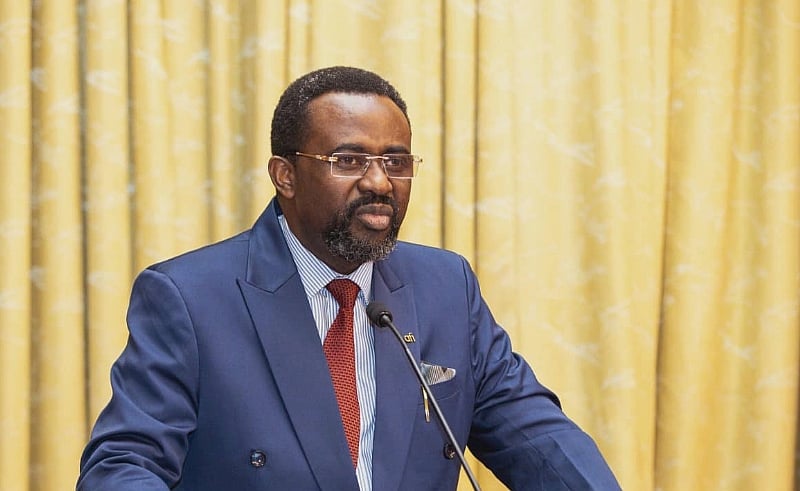The Governor of the Bank of Ghana (BoG), Dr. Johnson Asiama, addressed the persistent volatility of the Ghanaian Cedi despite its recent appreciation, emphasizing the underlying vulnerabilities within the Ghanaian economy. While acknowledging a 42% year-to-date appreciation of the Cedi as of June 2025, he cautioned against complacency, highlighting the currency’s susceptibility to external shocks and the nation’s dependence on a narrow range of commodity exports. This reliance on gold, cocoa, and oil, while currently bolstering export earnings, exposes Ghana to the unpredictable nature of global commodity markets, leaving the Cedi vulnerable to price fluctuations beyond the nation’s control. The Governor’s remarks underscored the need for a more diversified export base and a shift away from relying on a few key commodities to maintain economic stability.
Dr. Asiama specifically addressed the influence of global events on Ghana’s primary export commodities. He cited the example of gold, where prices had been driven above US$3,200 per ounce due to geopolitical uncertainties, including the Iran-Israel conflict. While this price surge benefited Ghana in the short term, he warned that a future correction in gold prices could rapidly diminish the country’s trade surplus, putting renewed pressure on the Cedi. This example illustrated the precarious position of an economy heavily reliant on external factors, emphasizing the inherent volatility and risks associated with such dependence. The Governor’s cautionary tone highlighted the need for proactive measures to mitigate these risks and build a more resilient economic foundation.
The Governor further elaborated on the structural challenges within Ghana’s import profile, highlighting the demand for energy, capital goods, and essential commodities. This demand, he explained, creates predictable seasonal spikes in foreign exchange requirements, particularly in the latter half of the year. This cyclical demand further exacerbates the Cedi’s vulnerability, as even minor shifts in global sentiment or commodity markets can trigger renewed pressure on the currency. The combination of dependence on volatile export commodities and a consistent need for essential imports creates a precarious balancing act for the Ghanaian economy, requiring careful management and strategic planning to navigate these inherent risks.
Dr. Asiama also emphasized the complex balancing act faced by the central bank in maintaining forex stability. He highlighted the policy dilemma of managing liquidity to support a stable Cedi while avoiding over-tightening, which could stifle private sector credit and hinder economic growth. This delicate equilibrium requires careful calibration of monetary policy to avoid unintended consequences for the broader economy. The Governor’s remarks underscored the complexity of managing macroeconomic stability in a context of external vulnerabilities and the need for a nuanced approach to policy interventions.
Beyond merely achieving forex stability, the Governor underscored the importance of translating this stability into broad-based economic transformation. He argued that true success lies not just in a stable currency but in leveraging that stability to drive sustainable economic growth and development. This perspective emphasizes the need to move beyond short-term fixes and focus on long-term structural reforms that promote diversification, enhance productivity, and improve the overall competitiveness of the Ghanaian economy. The Governor’s remarks framed the issue of forex stability not as an end in itself but as a crucial stepping stone towards broader economic prosperity.
In conclusion, Dr. Asiama’s address painted a nuanced picture of the Ghanaian economy, acknowledging the recent appreciation of the Cedi while cautioning against complacency. He emphasized the underlying vulnerabilities stemming from dependence on volatile commodity exports and a predictable surge in import demand. The delicate balance the central bank must maintain, navigating between forex stability and supporting economic growth, was highlighted as a key challenge. Ultimately, the Governor’s message emphasized the need for strategic diversification, structural reforms, and a focus on translating forex stability into tangible economic transformation to build a more resilient and prosperous future for Ghana.














